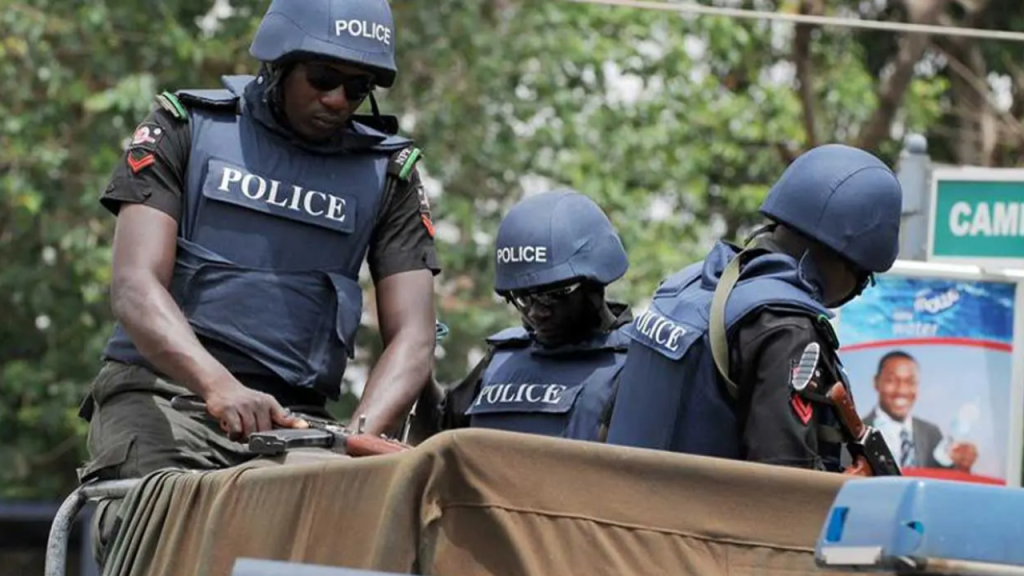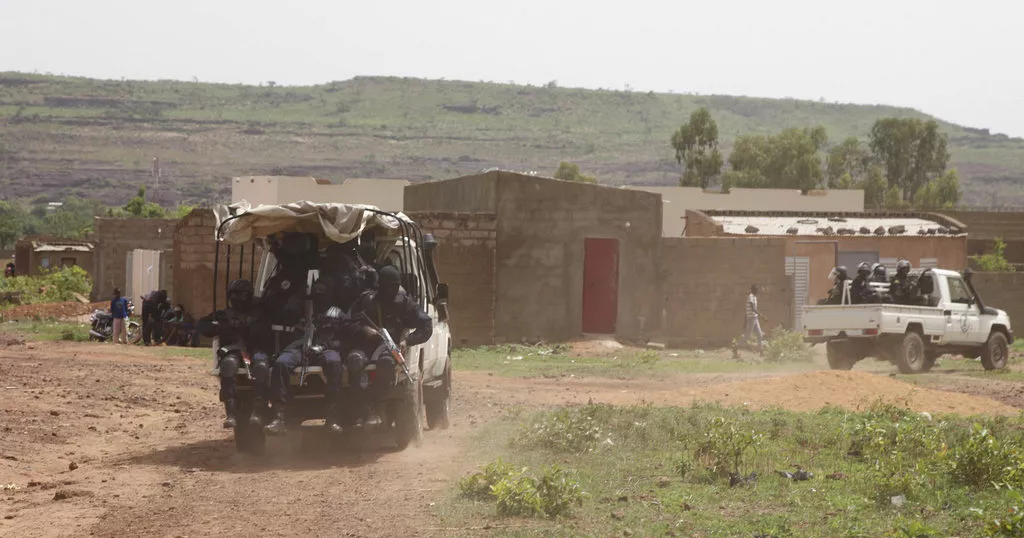UN Security Council Renews Darfur Arms Embargo, Rights Groups Call for Further Action
The United Nations Security Council has unanimously renewed an arms embargo on parties in the Darfur region of Sudan, where a dire humanitarian crisis has been exacerbated by a war between rival generals. The embargo, first put in place in 2004, restricts the movement of arms into Darfur and sanctions individuals and entities contributing to or complicit in destabilizing activities in Sudan.
Sudan’s envoy to the UN, Ambassador Al-Harith Idriss Al-Harith Mohamed, welcomed the extension but urged the council to go further and sanction the entire Rapid Support Forces (RSF) militia, the rival of the government-backed Sudanese Armed Forces (SAF). The RSF has captured most of Darfur and is accused of committing widespread atrocities, including human rights violations and sexual violence.
The RSF has also been accused of receiving arms and ammunition from the United Arab Emirates (UAE), which strongly denies the allegations. Sudan’s military has repeatedly accused the UAE of profiting from Sudan’s natural resources, including gold and uranium, and urged the Security Council to take action.
The US led the negotiations on the renewal of the Darfur arms embargo, which was first put in place in 2004 during the genocide carried out by Arab Janjaweed fighters against non-Arab ethnic groups in Darfur. The US envoy, Robert Wood, said that the renewal of the sanctions measures will restrict the movement of arms into Darfur and sanction individuals and entities contributing to or complicit in destabilizing activities in Sudan.
However, rights groups have called for further action, saying that the embargo renewal does not go far enough. Human Rights Watch’s Jean-Baptiste Gallopin said that the council should correct this failure as soon as possible and expand the arms restrictions to cover all of Sudan, to limit the flow of arms and curb widespread atrocities being committed in the country.
Sudan is facing a massive humanitarian crisis as a result of the war between the rival generals that began in April 2023. More than 10 million people have fled their homes in search of safety, and last month, international monitors confirmed famine in North Darfur. Across the country, the United Nations says, 26 million people are in crisis levels of hunger.
The war has also led to widespread human rights violations, including the killing and maiming of children, attacking schools and hospitals, and sexual violence. In June, the RSF and SAF were added to an annual UN blacklist for perpetrators of grave violations against children.
The UN Security Council’s decision to renew the Darfur arms embargo is a step in the right direction, but more needs to be done to address the humanitarian crisis and human rights violations in Sudan.



